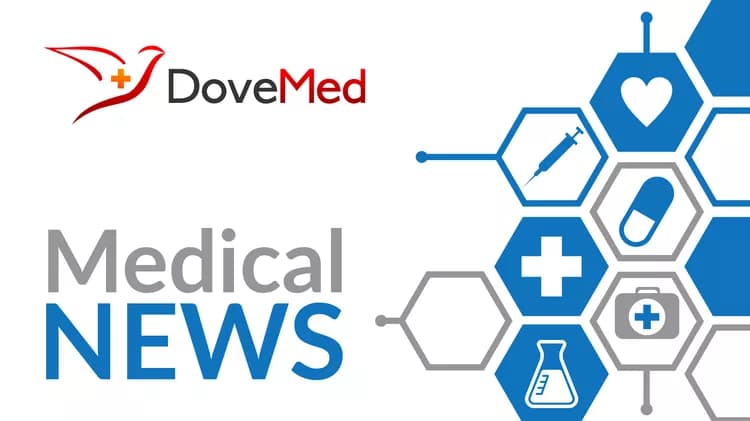
Mood Disorders On Genetic Spectrum
Researchers shed new light on the genetic relationship between three mood disorders associated with depression -- major depression and bipolar disorder types 1 and 2 -- in a new study in the journal Biological Psychiatry, published by Elsevier."The clearest findings are a genetic distinction between type 1 bipolar and type 2 bipolar, and the greater similarity of type 2 bipolar to major depressive disorder," said first author Jonathan Coleman, PhD, a statistical geneticist and postdoctoral fellow in the lab of senior author Gerome Breen, PhD at the Institute of Psychiatry, Neuroscience, and Psychology at Kings College London, UK.
Both types of bipolar disorder used to be referred to as 'manic-depressive disorder'. Mania is a behavioral state associated with behavioral activation, euphoric or irritable mood, reduced need for sleep, impulsive behavior, impaired judgement, racing disorganized thoughts, impulsive behaviors, and frequently strongly held false beliefs (delusions) or hallucinations. Bipolar disorder type 1 is associated with mania and depression, while bipolar 2 is predominately associated with depression marked by mild symptoms reminiscent of mania, called hypomania.
The insights came from several extremely large datasets analyzed together. For their meta-analysis, Coleman, Breen and their co-authors combined genome-wide association studies from three large datasets of people with major depression and bipolar disorder to evaluate shared and distinct molecular genetic associations. Most of the data came from the large international Psychiatric Genomics Consortium. Additional data came from the UK Biobank, a major health resource established by the Wellcome Trust, and the online genetic service platform, 23andMe.
There are significant racial and ethnic differences in the findings from genome-wide association studies (GWAS). The findings of this study pertain only to people of European ancestry and findings might be different in other groups.
The authors also report that the genetic risk for these disorders was predictive of other traits as well. For example, the genetic risk for bipolar disorder was correlated with more educational attainment, while the heritable risk for major depressive disorder was associated with less education.
In the mouse brain, the authors also mapped the genetic risk for these disorders on to particular brain cell types using a sophisticated analytic strategy building on the pattern of genes expressed. They implicated serotonin neurons in the risk for both depression and bipolar disorder, while bipolar disorder distinctively involved GABA and glutamate neurons (nerve cell types also implicated in schizophrenia).
"We have long known that mood disorders are highly heterogeneous and the boundaries between types of mood disorders are often difficult to define clinically," said John Krystal, MD, editor of Biological Psychiatry. "This new study suggests that there are aspects of genetic risk, and presumably brain function, that link forms of mood disorders, but there are also distinctions that may shed light on subtypes of depression that may have important implications for treatment."
Ultimately, the researchers want to develop clinical tools to help predict if a first episode of depression is likely to persist as a disorder or progress into bipolar disorder. "Genetic data won't ever replace clinical insight, but it might be a useful addition to clinical models," said Coleman.
Related Articles
Test Your Knowledge
Asked by users
Related Centers
Related Specialties
Related Physicians
Related Procedures
Related Resources
Join DoveHubs
and connect with fellow professionals

0 Comments
Please log in to post a comment.